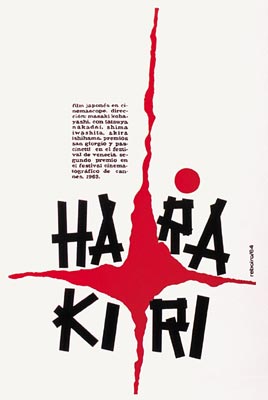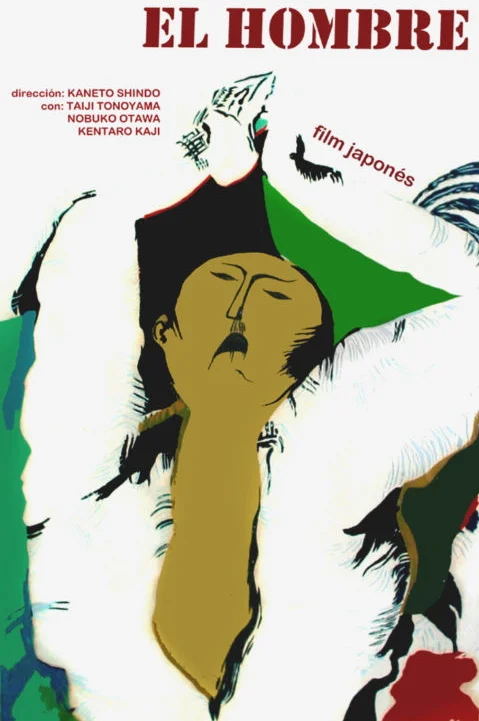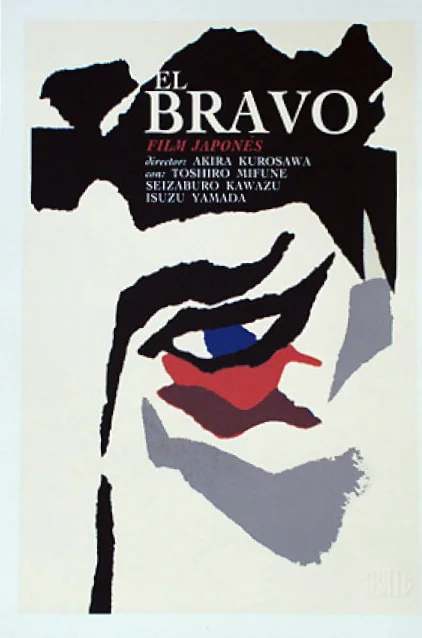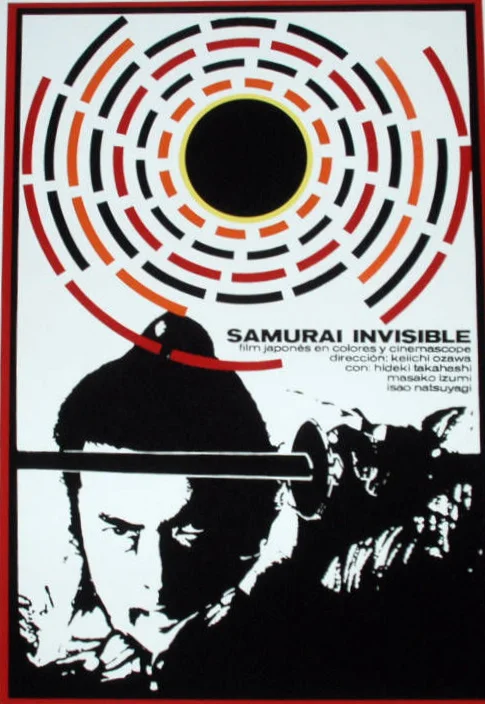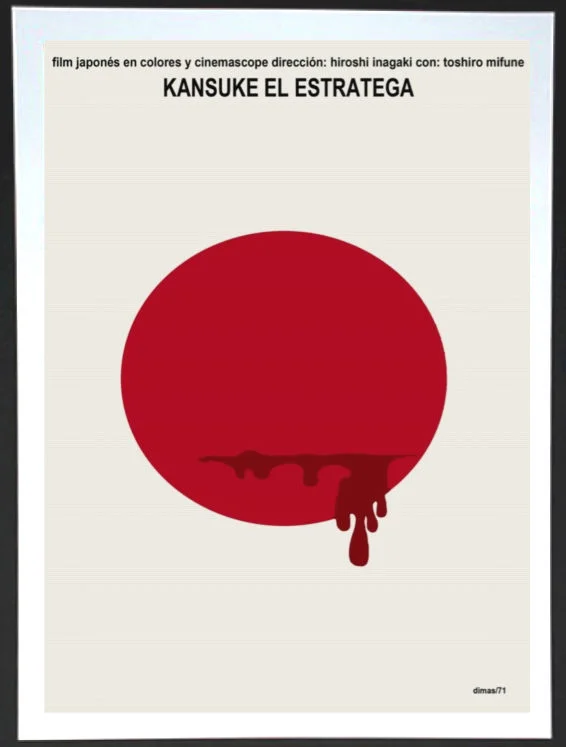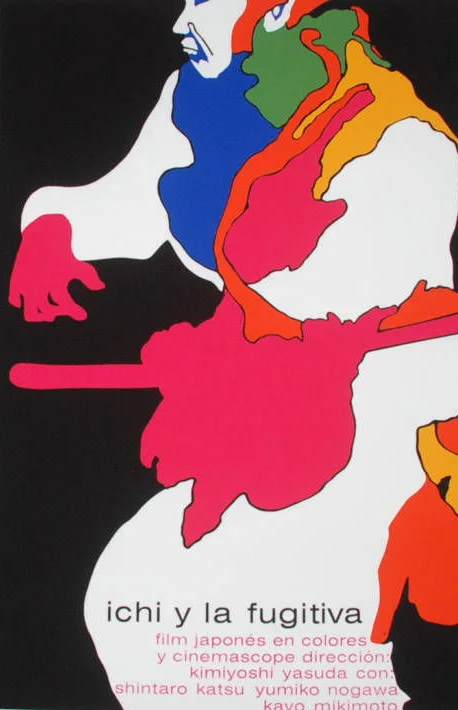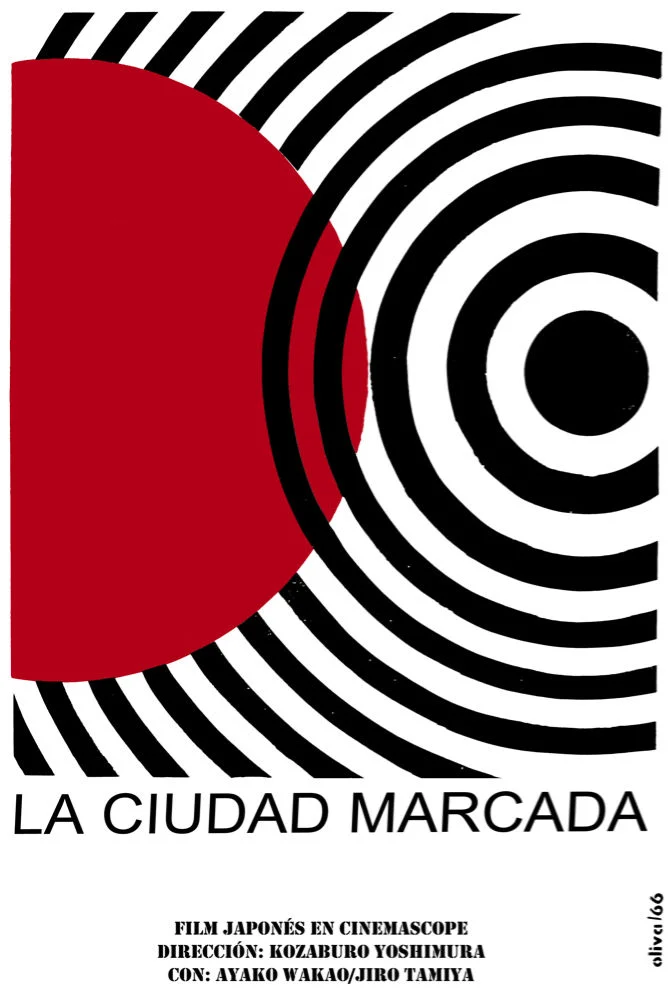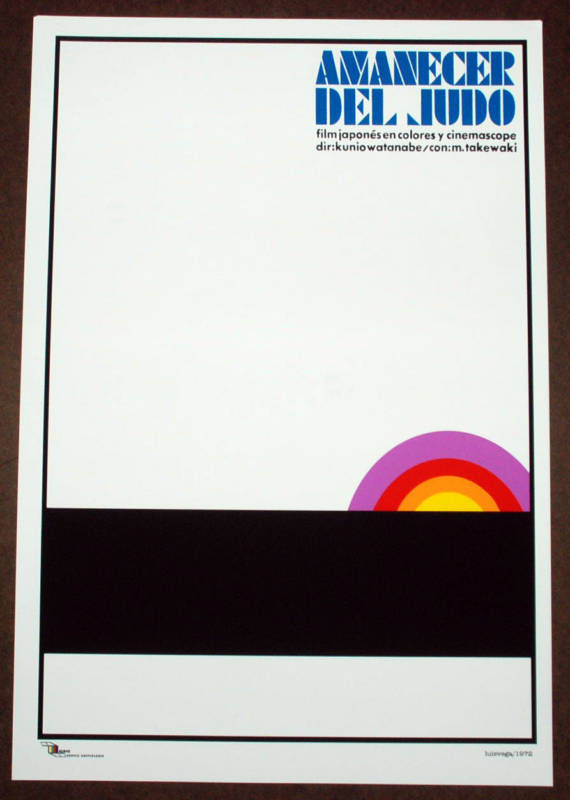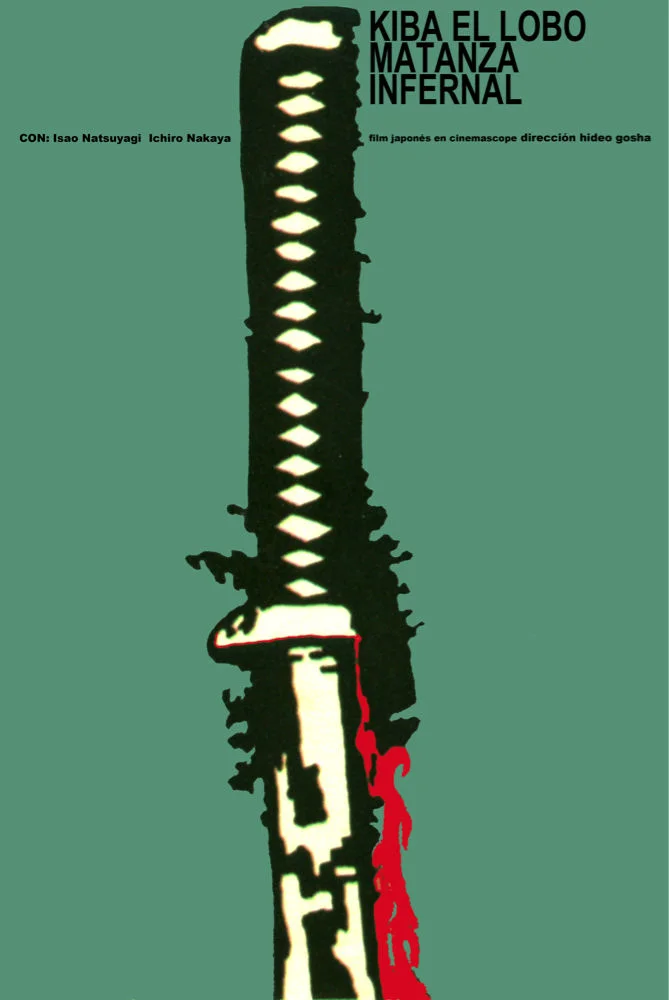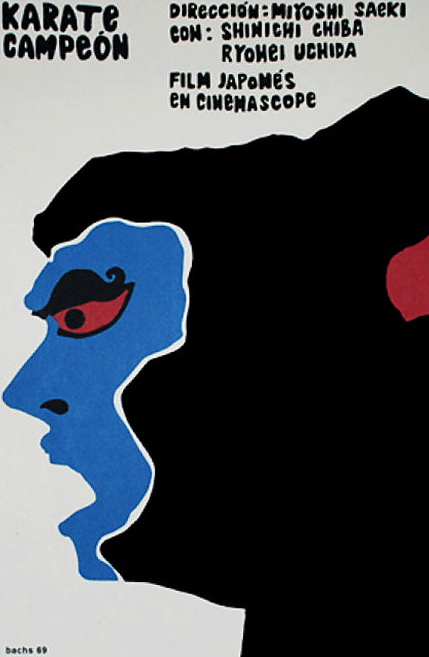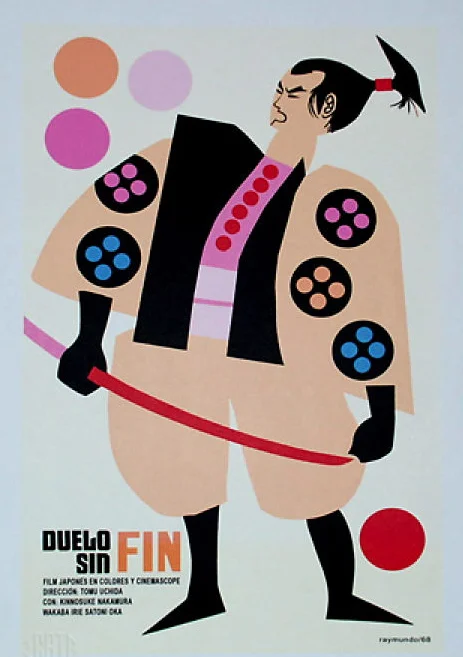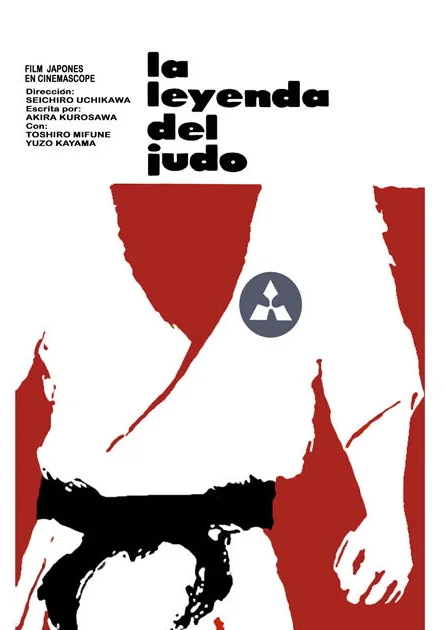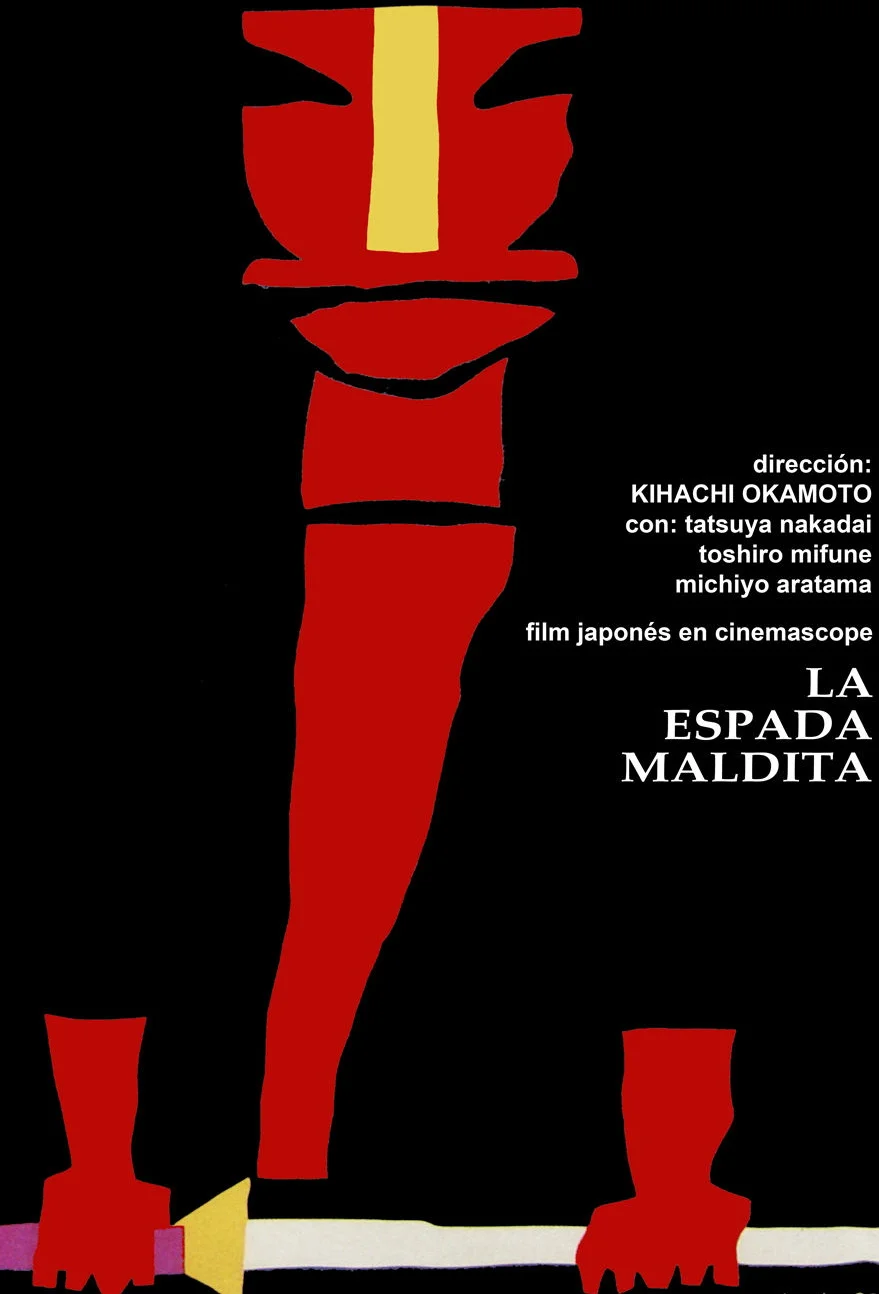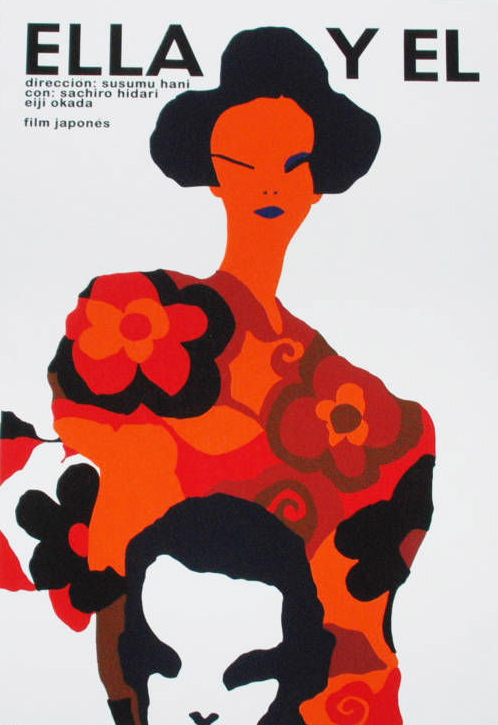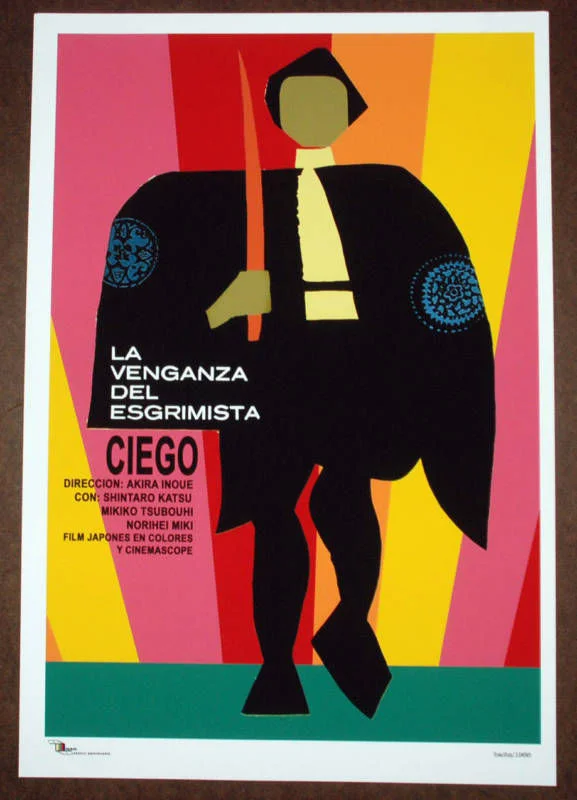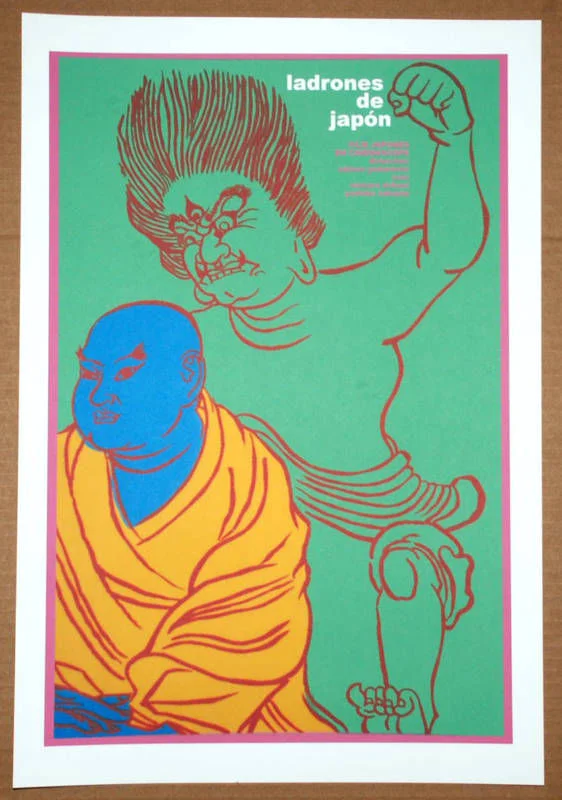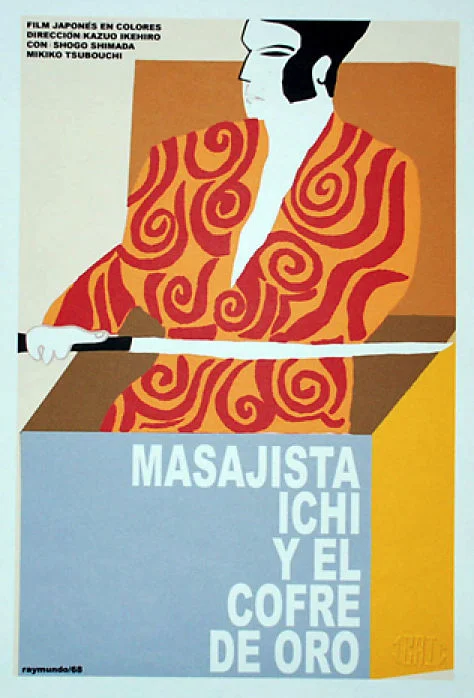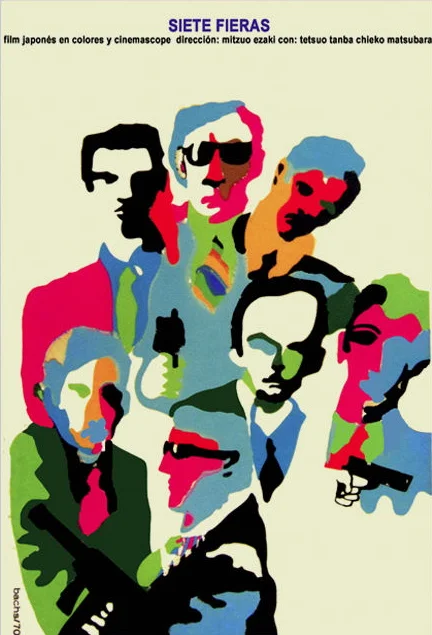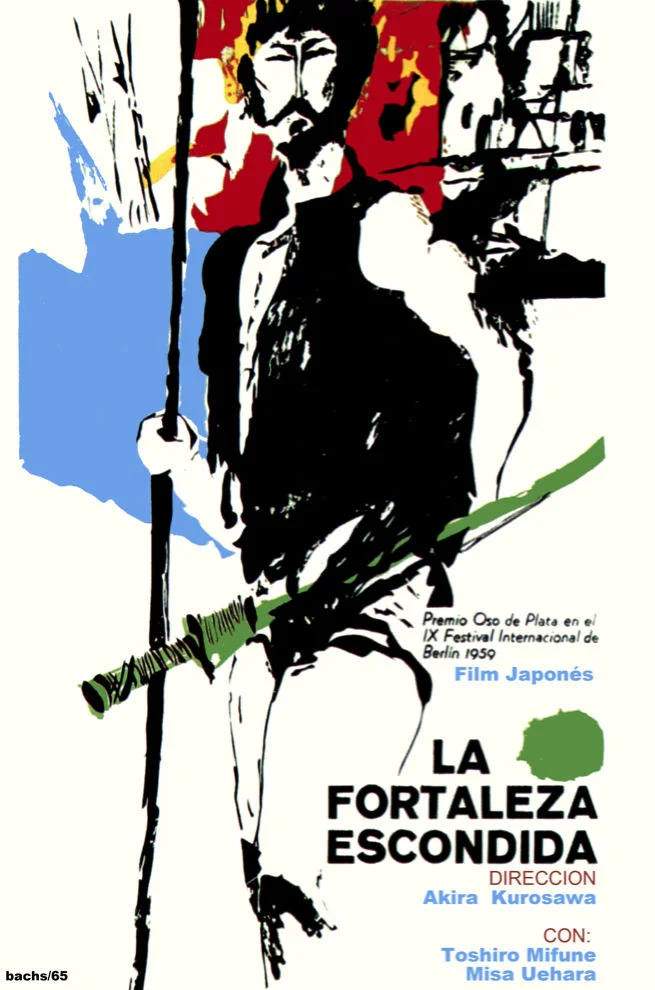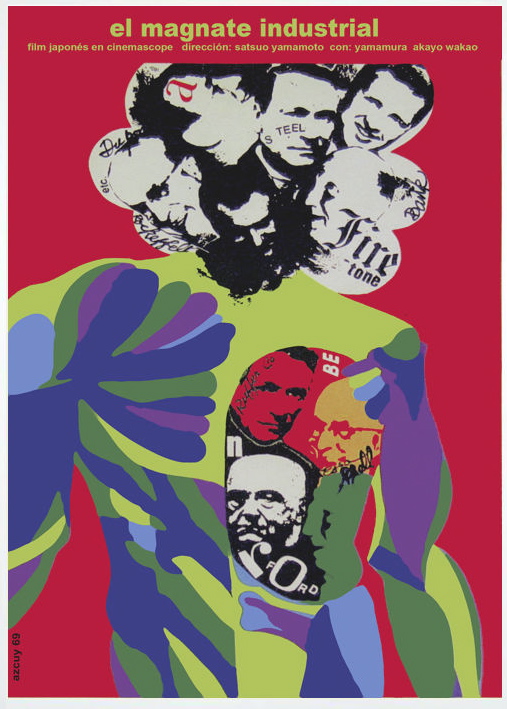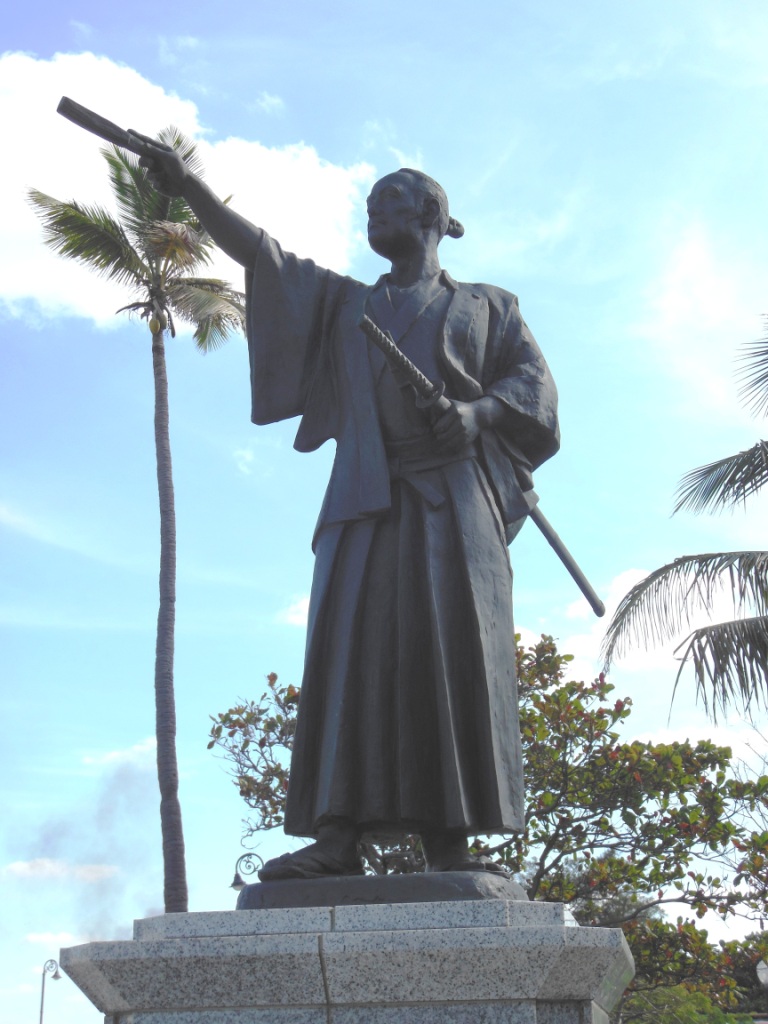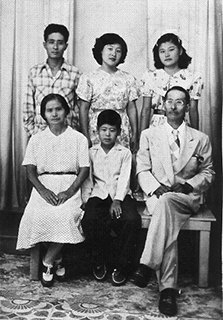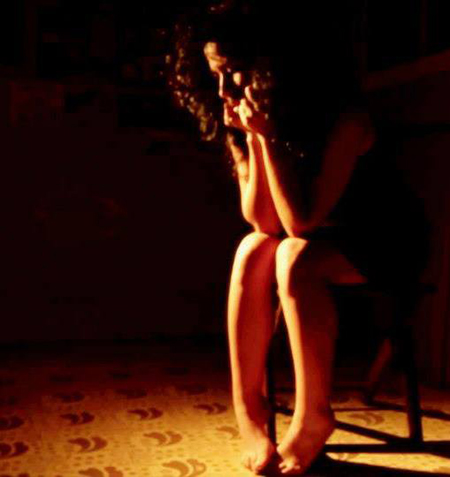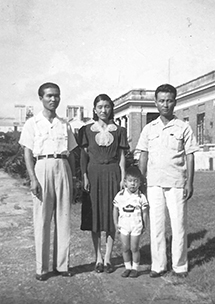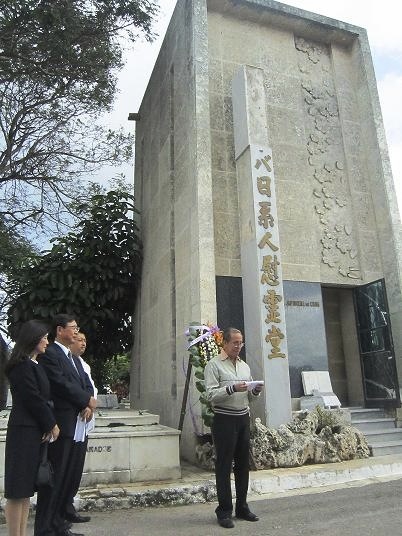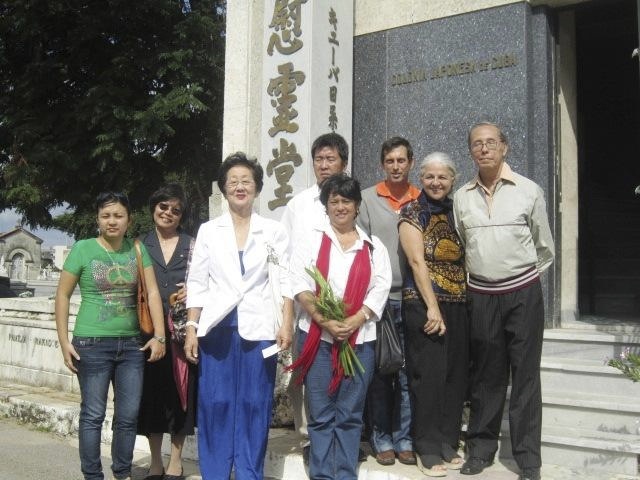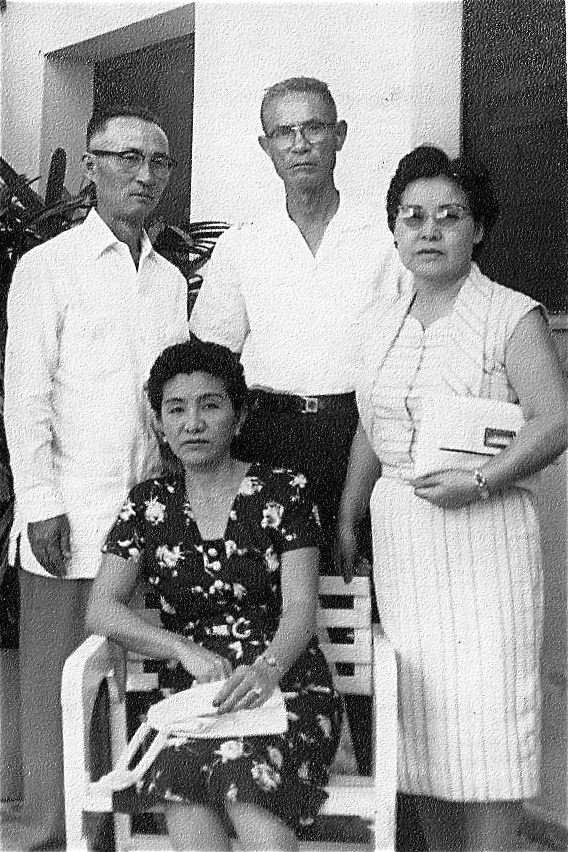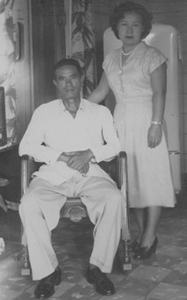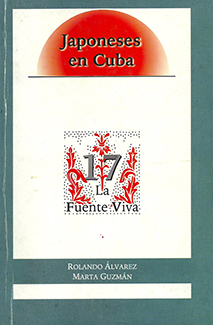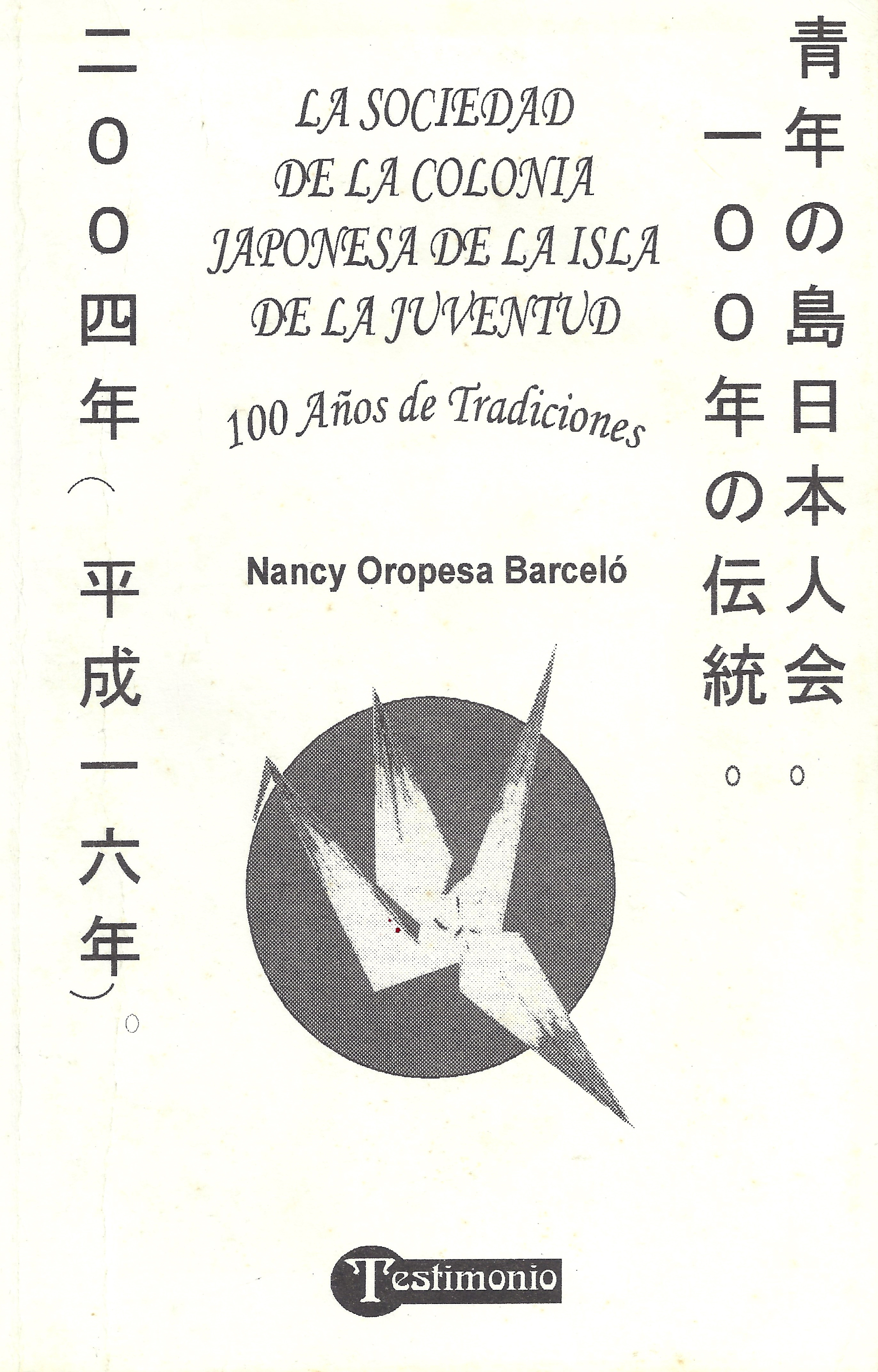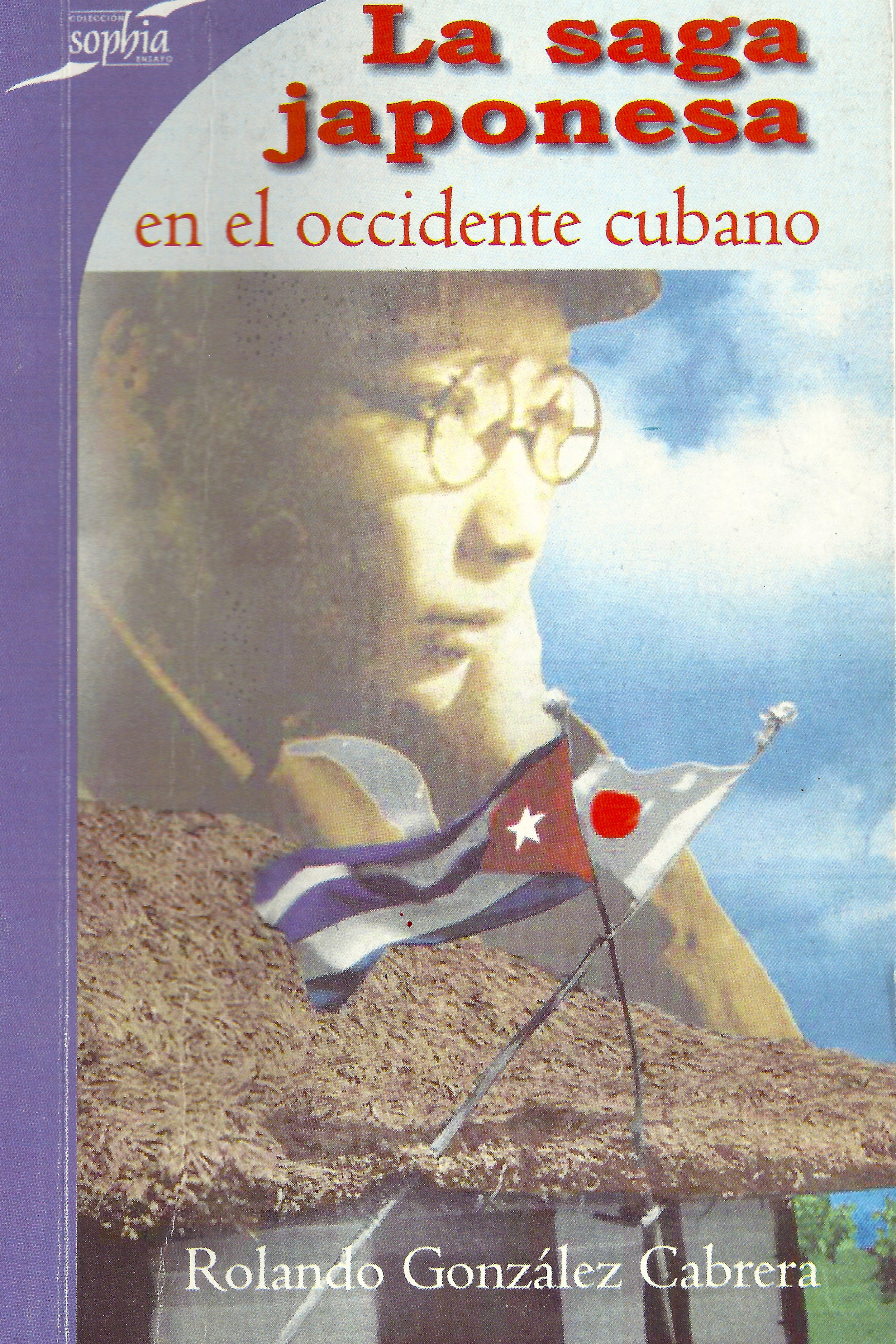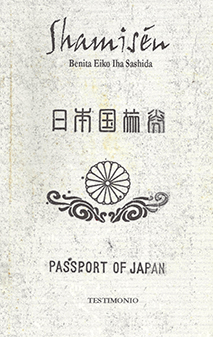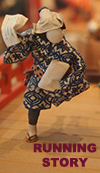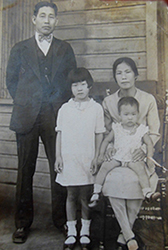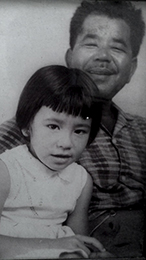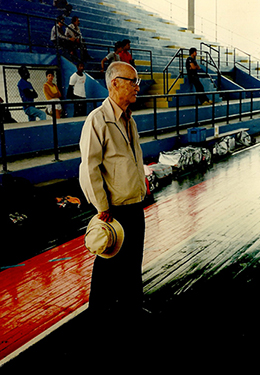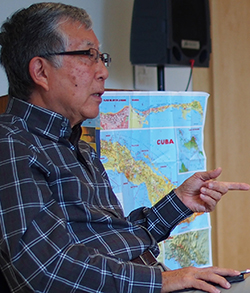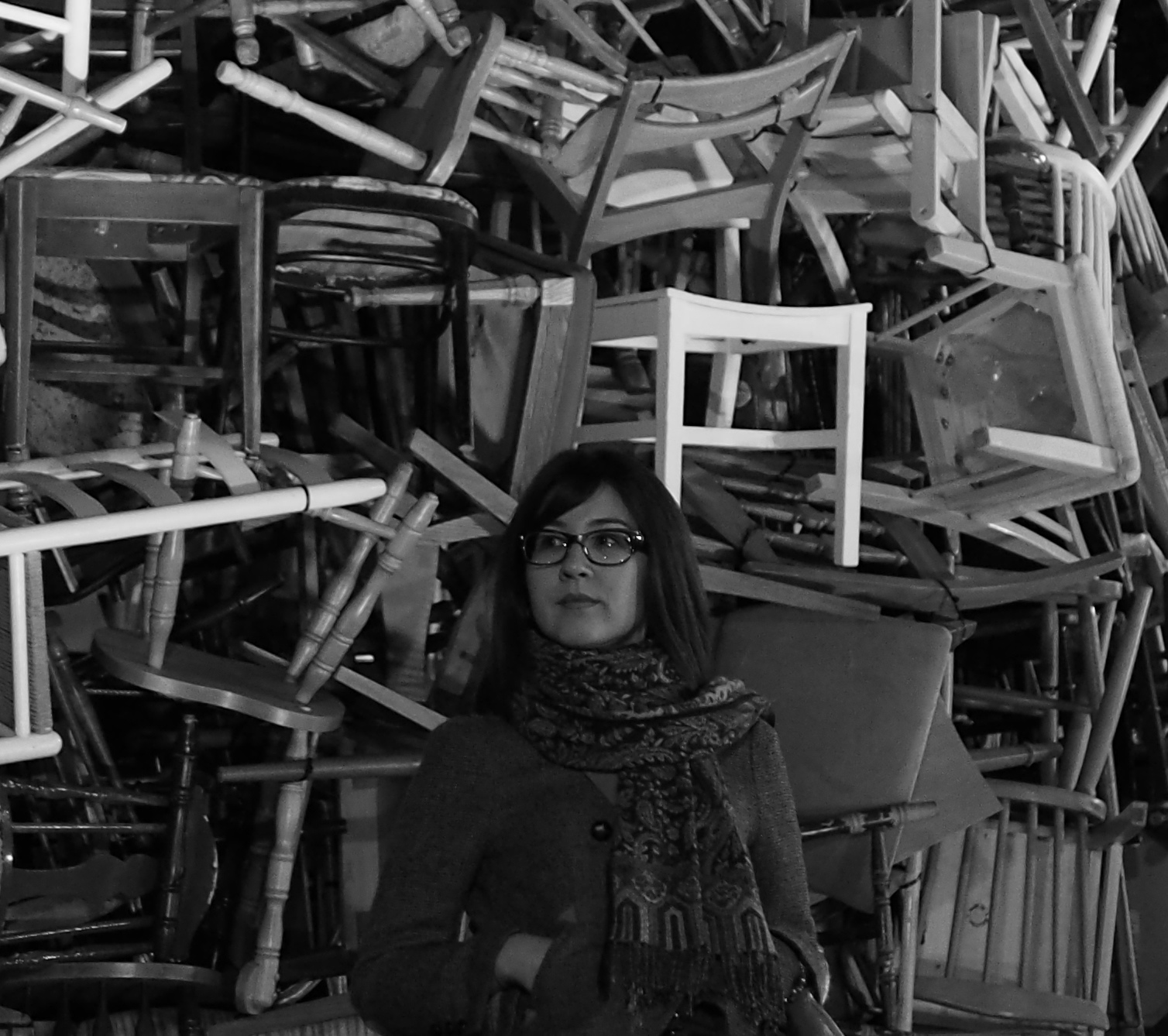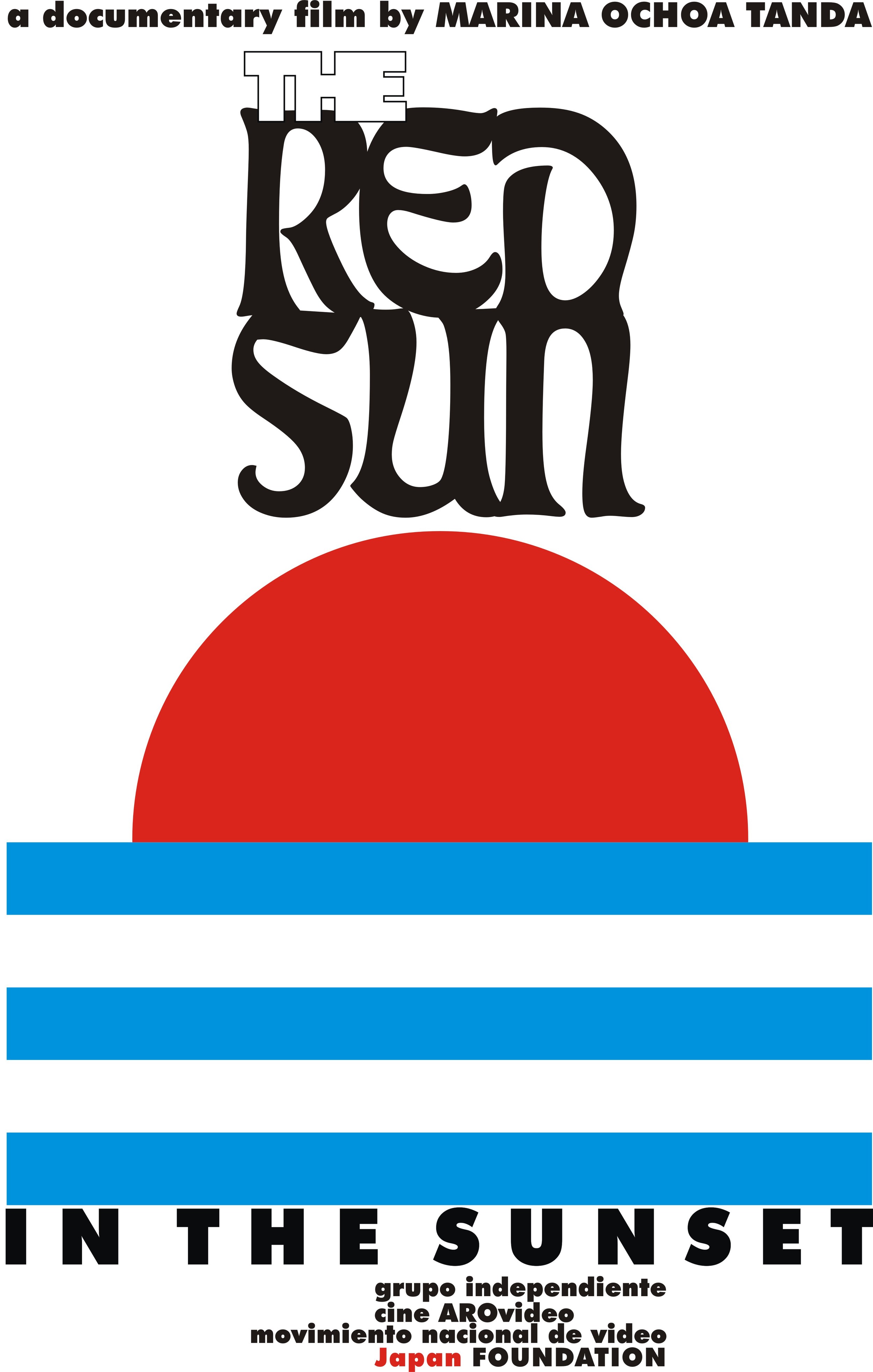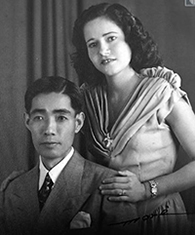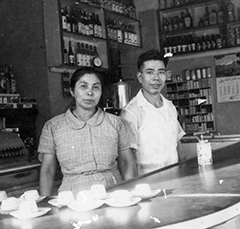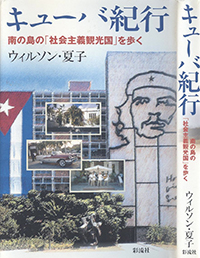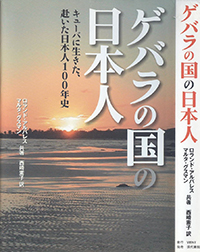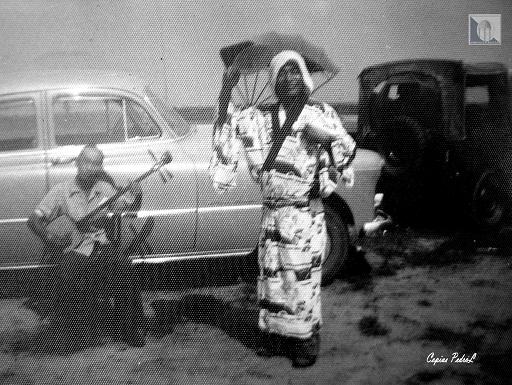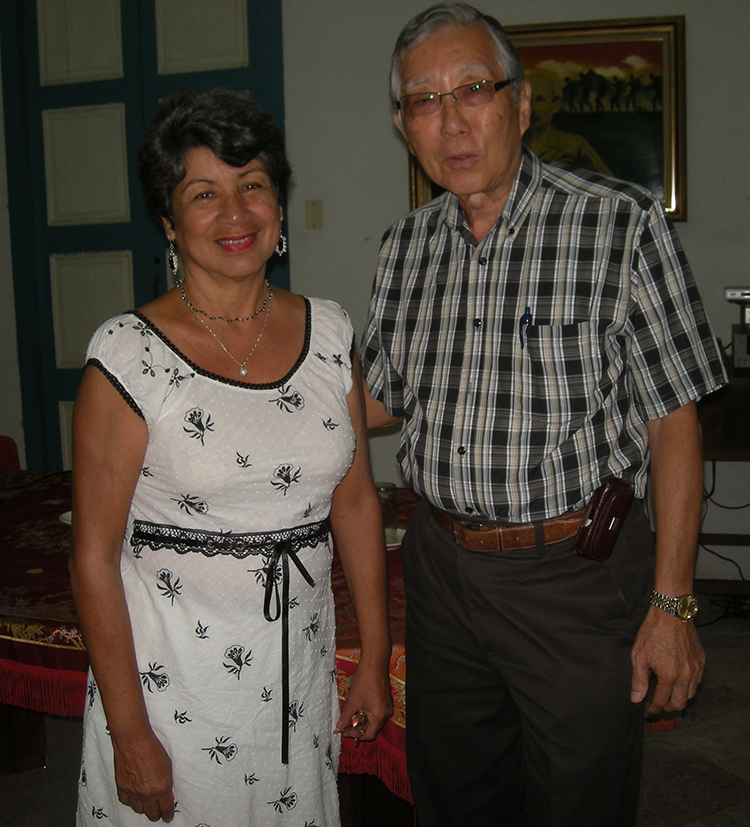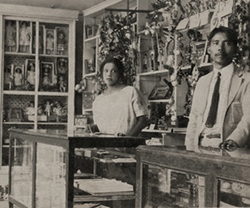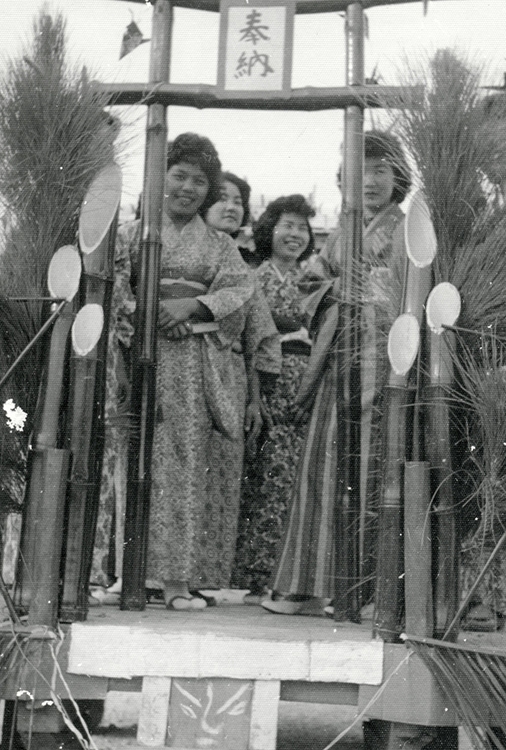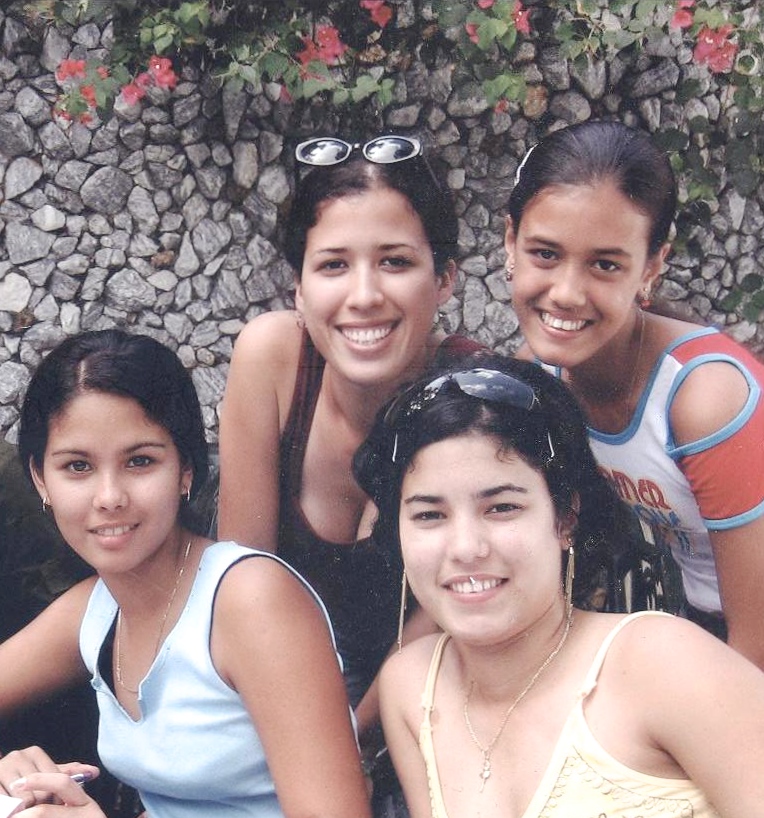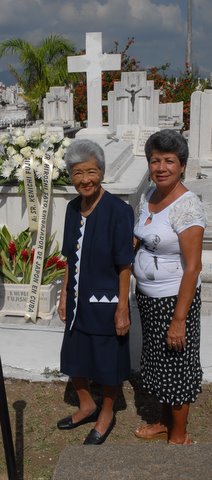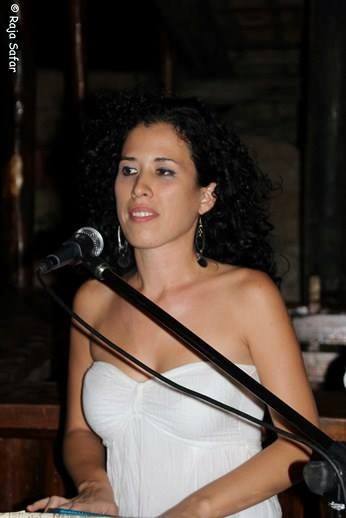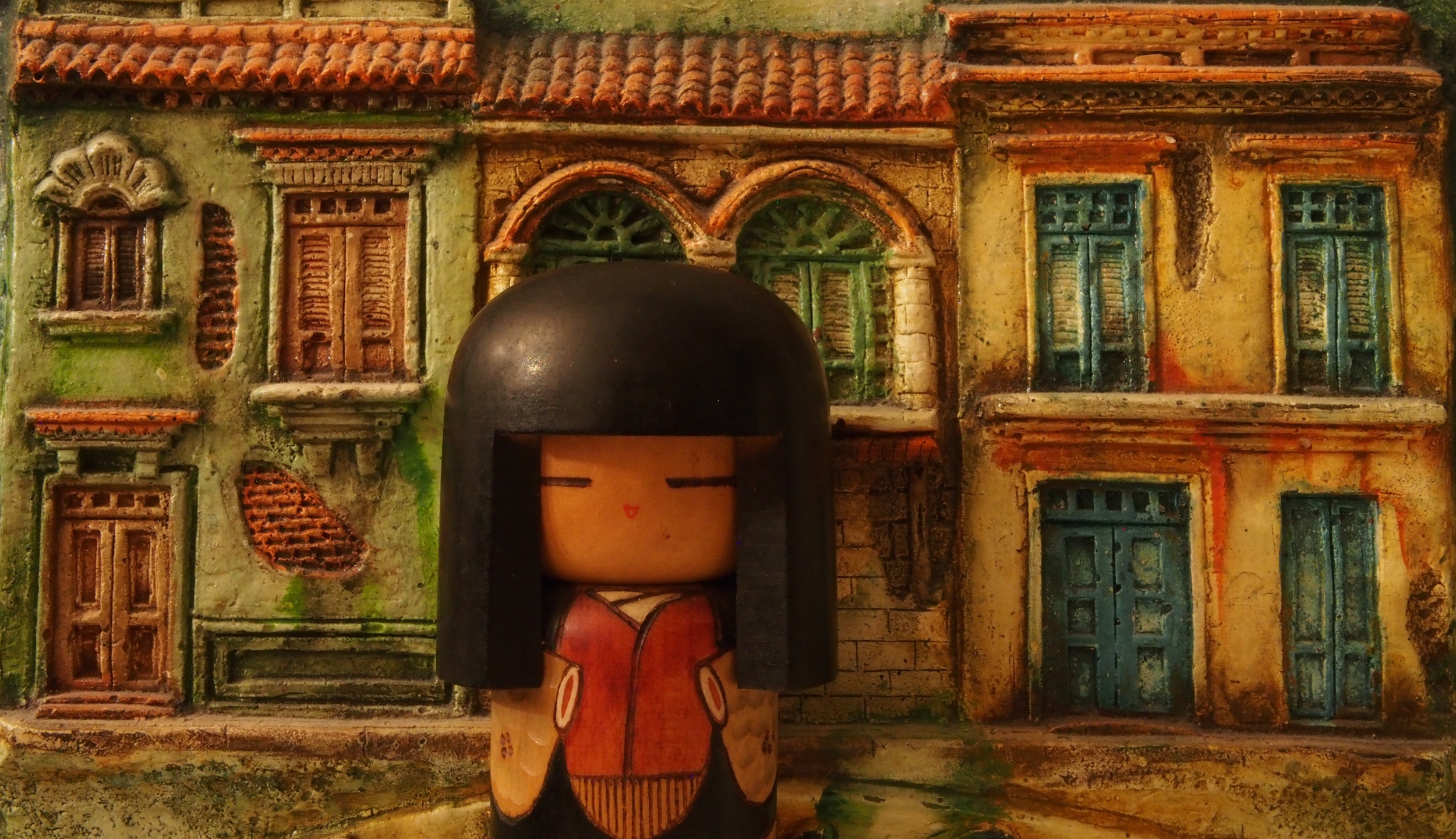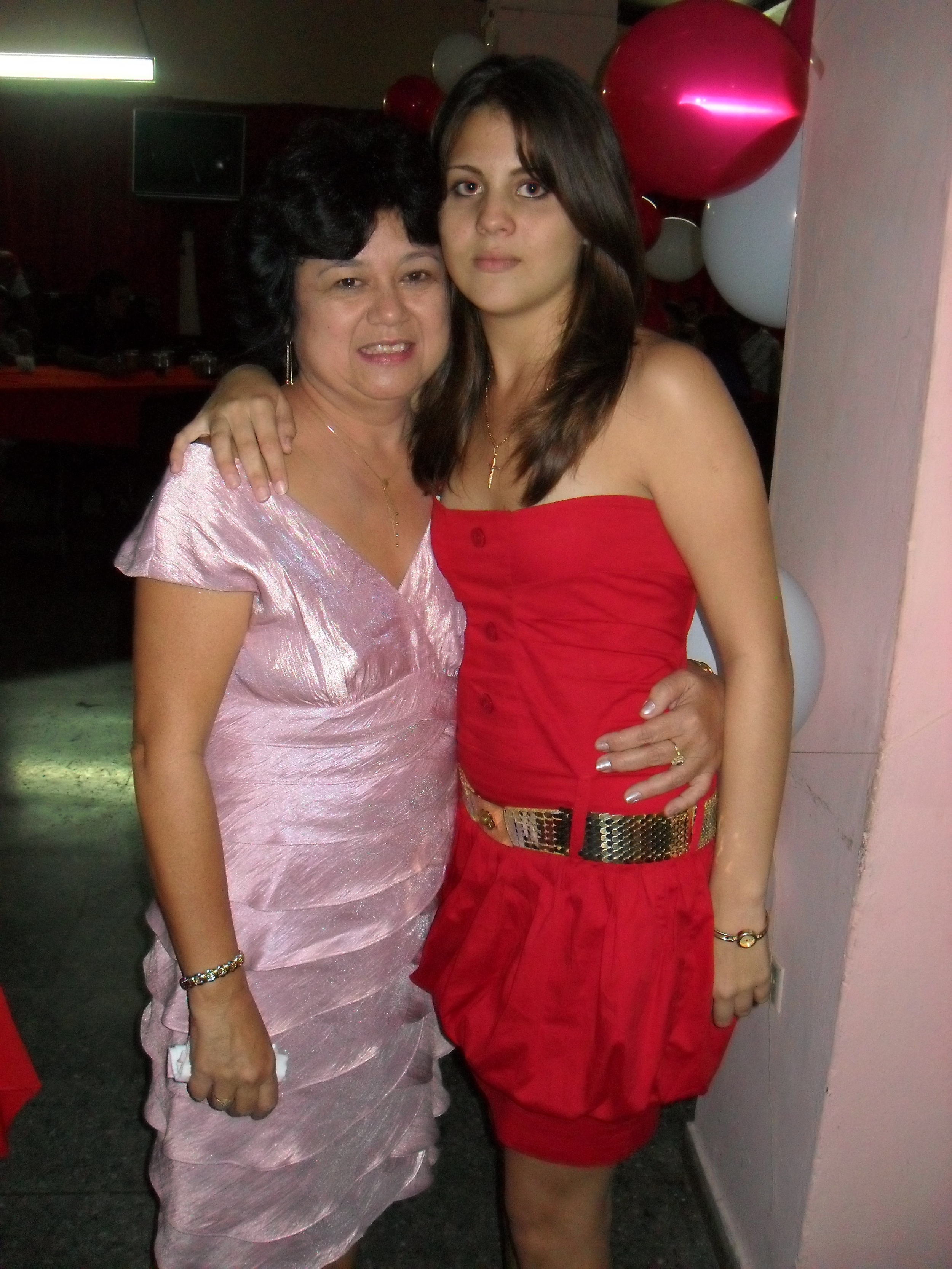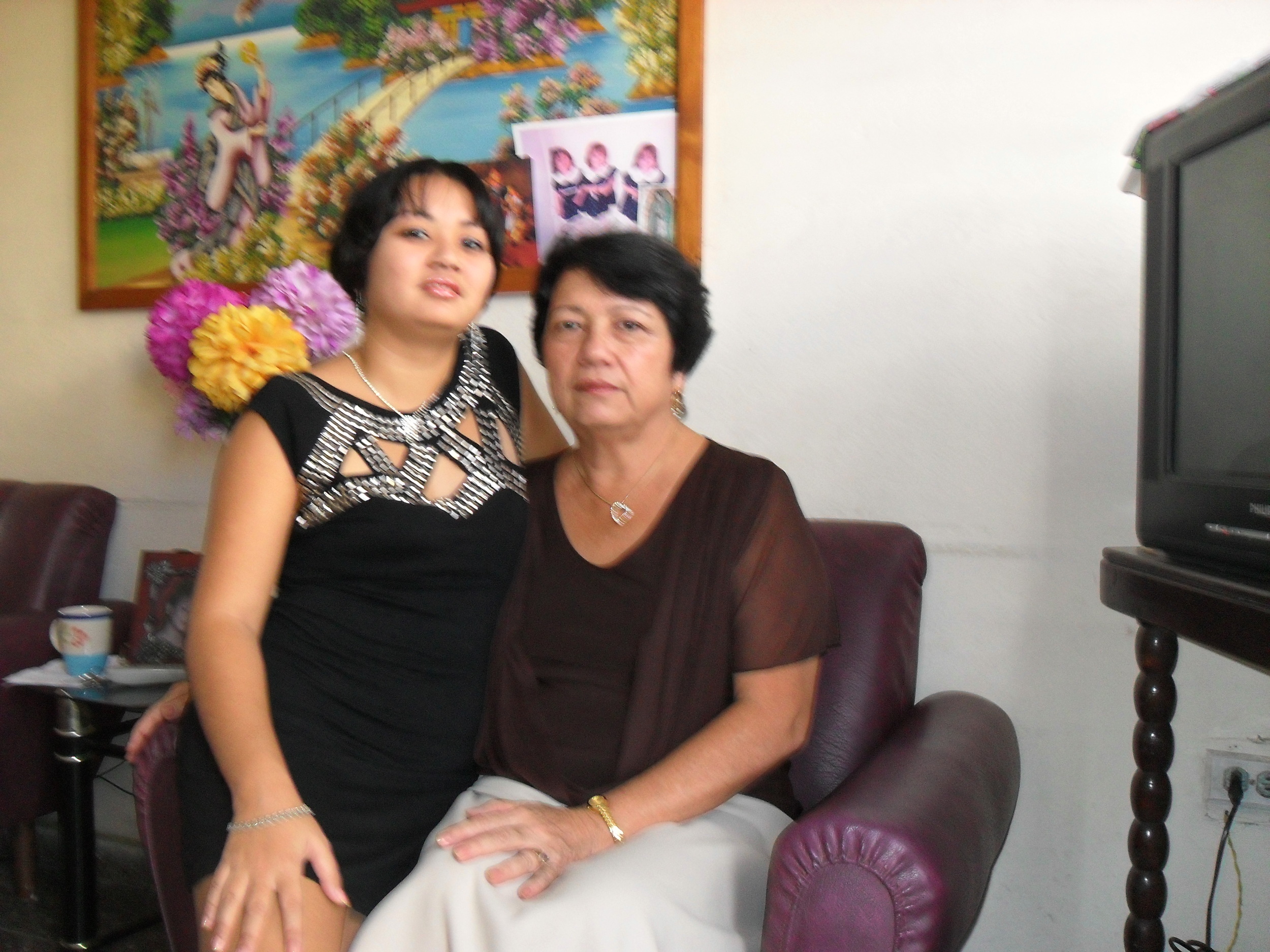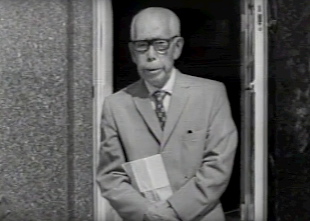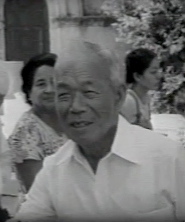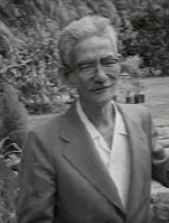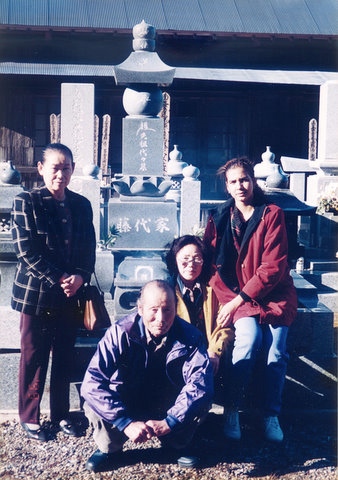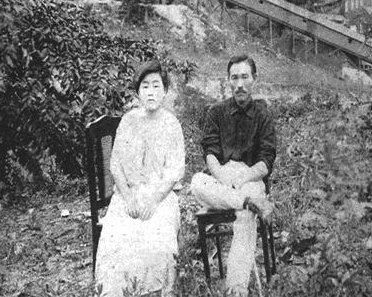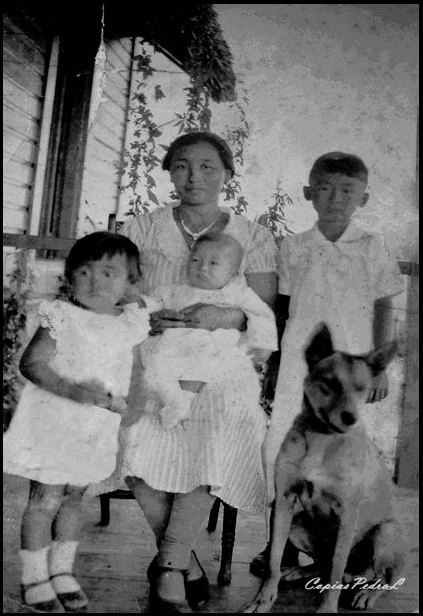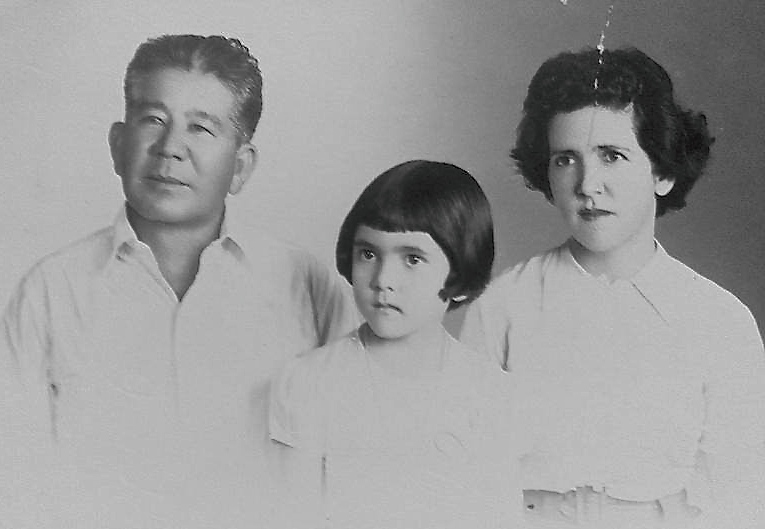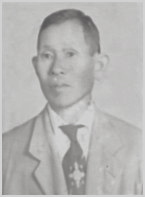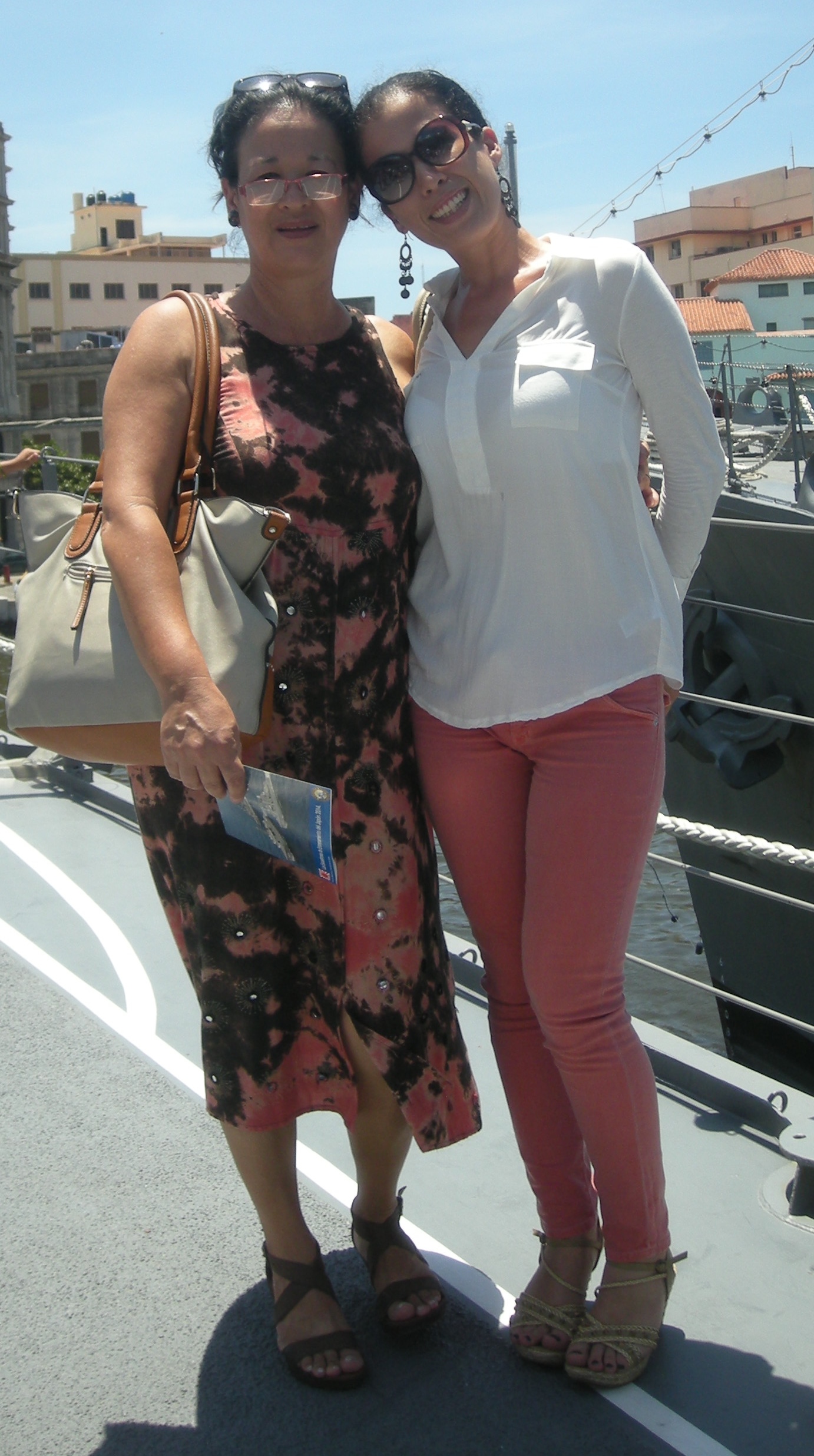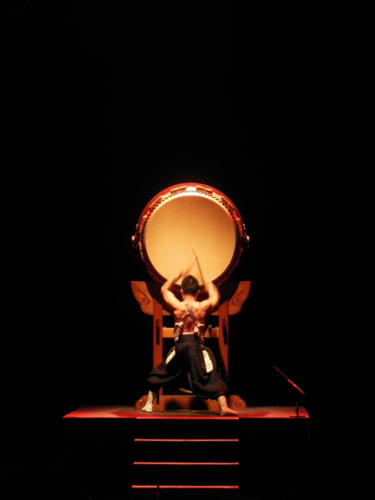This is the first of a series of articles about work sites through which to map out Japanese immigrants' Cuban journey.
kicks off a research project that aims at documenting the professions and work places of Japanese immigrants in Cuba in the first half of the 20th century. This topic is one of the most rewarding search routes I’ve ventured into for the website.
By wiring together oral and written testimonies, information from books, and family photos, among other materials, it has been possible to make out a past image (albeit a still hazy one) of a community of gardeners, cafe owners, barbers, shopkeepers, farmers, miners, railway workers and ice cream makers that actively contributed to Cuban society. Also, one of the joys of writing this series has been to connect personally or indirectly with Cuban Nikkei, to whom I thank for sharing their stories.
On October 15, 2014, Japanese drummer Eitetsu Hayashi and his group Fu-un performed Rhythm of Nature at Mella Theater in Havana City. They offered a second concert on October 17 at Movie Theater Miramar, also in Havana. On both occasions they played to full house, and their impressive performances were a complete success among Cuban audiences. A nice touch about these concerts was that admission was free.
Mientras investigaba el tema de los intercambios culturales entre Cuba y Japón encontré este artículo del periódico Granma sobre la visita del actor japonés Shintaro Katsu a Cuba. El artículo es de junio de 1975. Katsu era muy conocido en Cuba por sus películas de Zatoichi. (While researching about cultural exchanges between Cuba and Japan I found this article in Granma newspaper. It was published in June 1975 when Japanese actor Shintaro Katsu visited Cuba. Katsu was very popular among Cuban cinemagoers due to his role of Zatoichi).
The Cuban cinema industry has a renowned movie poster tradition, famous for creating very artistic pieces of graphic design. These are some examples of posters made for Japanese films exhibited in Cuban cinemas mostly during the 60s and 70s. In those years Japan was an important film market for Cuban distributors, to the point that in the 70s Japanese films constituted the second highest repertoire of foreign films in Cuban theatres. The popularity of Japanese films was such among Cuban audiences (particularly samurai films) that Japanese actor Shintaro Katsu visited Cuba in June 1975. Katsu was popular among Cuban cinemagoers for his role as the blind swordsman Zatoichi.
Proyección de 14 filmes japoneses en el cine Charles Chaplin de La Habana, desde el 2 hasta el 7 de septiembre! El evento incluye una exhibición de carteles cubanos de filmes japoneses. (14 Japanese films will be screened at Havana's Charles Chaplin cinema (Sept. 2-7); the event includes an exhibition of Cuban posters of Japanese films).
Fotos de la inauguración de la exposición "Bellas Japonesas", del ilustrador japonés Seiichi Hayashi. El evento tuvo lugar el 8 de agosto de 2014, a las 5:00 p.m. en la Galería Rubén Martínez Villena, en la Habana Vieja. (Photos from the inauguration of the exhibit "Beautiful Japanese Women", by Japanese illustrator Seiichi Hayashi. The event took place on August 8, 2014, at 5:00 p.m., at the Rubén Martínez Villena Gallery in Old Havana).
(Fotos cortesía de Francisco Miyasaka).
Kennet Schmitz, my partner in "crime" in the website, recently introduced me to this song by Mike Shinoda. We are big fans of Shinoda's work as part of the American rock band Linkin Park and his own side-project, the hip-hop band Fort Minor. His song "Kenji" is one of the tracks of Fort Minor's album The Rising Tied, and is about the troubled experiences of Japanese-Americans in internment camps during WWII. I loved his use of pop-culture, specifically rap, to deal with these past events and his present feelings and thoughts about them. Through Shinoda's defiant lyrics and rapping style history bursted into my ears in a very creative and powerful way; this "cool" rap got me to think about the routes that war forces upon people's lives, and to remember my grandfather Kanji and all those Japanese men that were imprisoned in Cuba during WWII.
Perhaps one day I'll write a song, since I like writing in general; if I do, I hope to come up with a rap song as powerful as Mike Shinoda's "Kenji."




